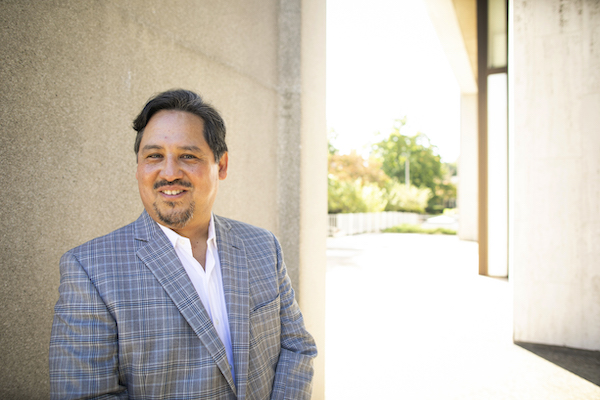In the latest issue of Daedalus, Joseph P. Gone details the development of the concept of Indigenous historical trauma, challenging conventional mental health discourses and urging a re-evaluation of how we understand and treat psychological distress.
His work, “Indigenous Historical Trauma: Alter-Native Explanations for Mental Health Inequities,” not only critiques mainstream psychiatry and psychology but also underscores the importance of alternative approaches that acknowledge the whole person within their social and historical contexts.
“The application of prevailing professional expertise has been declared inadequate for remedying American Indian and Alaska Native mental health concerns. One consequence has been the rise of alter-Native Indigenous accounts of community mental health that contest and recast key components of reigning psychiatric discourse,” Gone writes.
“Chief among these is a shift away from focusing on mental disorders or mental illness and toward recognizing Indigenous historical trauma. Indeed, Indigenous adoption and promotion of historical trauma afford an explanatory account for community mental health inequities that designates the historical legacies of colonization as central for understanding contemporary Indigenous suffering.”
Gone – a psychologist and professor of social medicine at Harvard University – details his own family history and tribal heritage to illustrate how Indigenous populations have been uniquely affected by long-standing, multi-generational traumas stemming from colonialism and oppression.
His work brings renewed attention to the experiences of individuals and communities, particularly those shaped by profound historical traumas, which are integral to developing more effective and compassionate mental health care strategies. In doing so, he lays the groundwork for a more holistic and empathetic approach to mental health care, one that recognizes the complex interplay of individual experiences, cultural backgrounds, and historical forces.
















All people, of all countries … including all Americans … need to stand against “mainstream psychology,” and their scientific fraud based “psychiatric,” DSM “bible” masters.
My condolences to the indigenous people of America, for the horrendous and systemic crimes committed against them, by America’s scientific fraud based, so called, “mental health professionals.”
Report comment